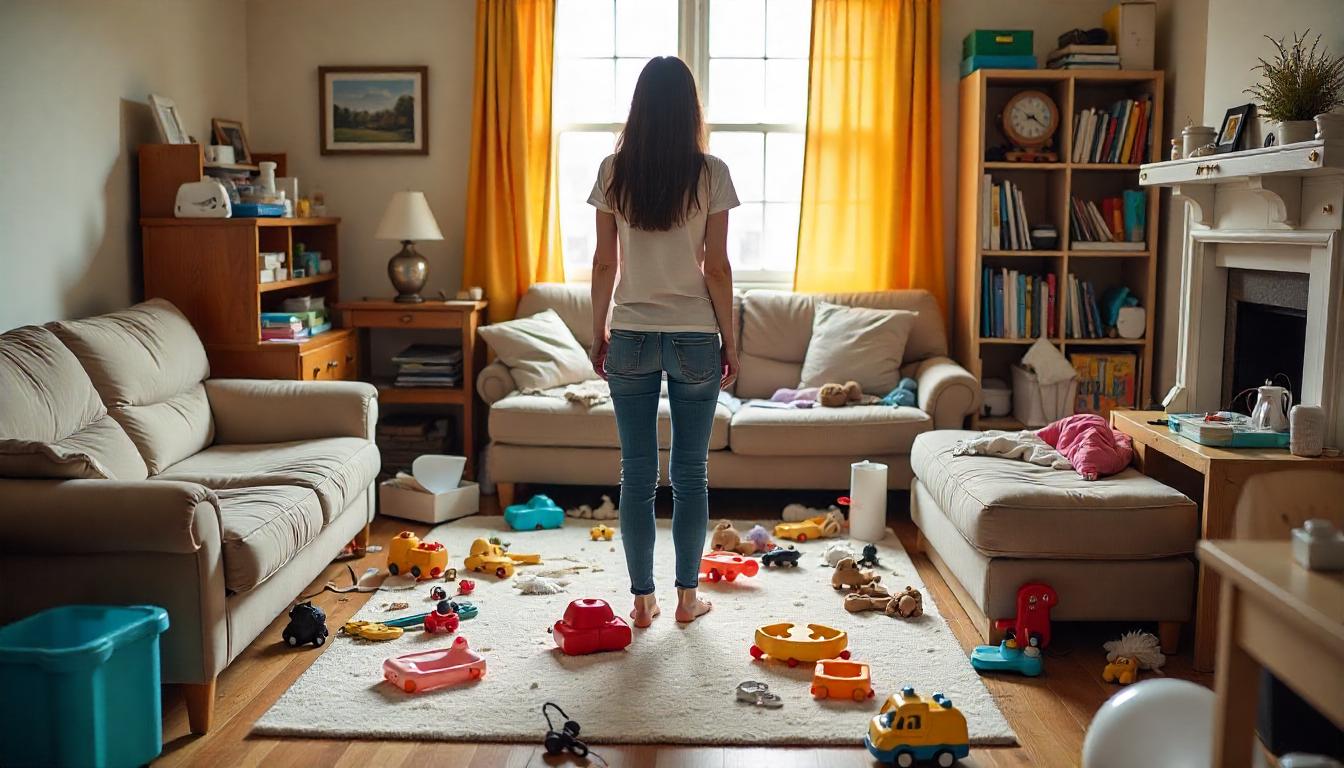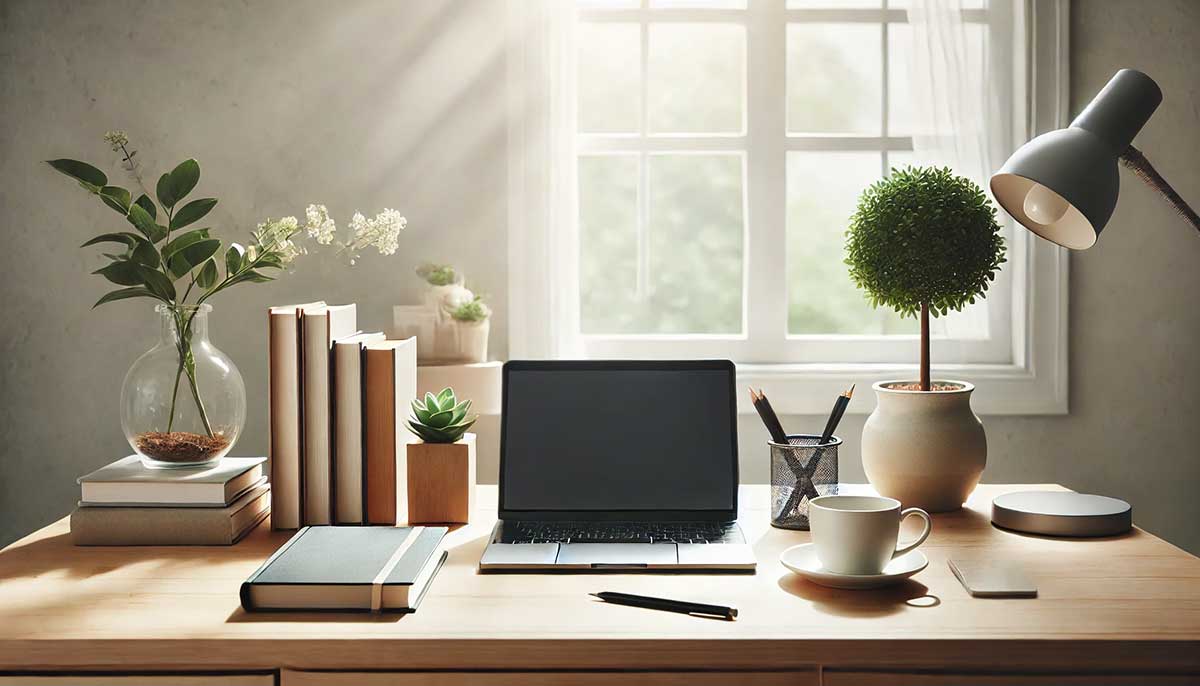Psychology of Clutter: Why Mess Builds Up & How to Manage It
SG House Cleaning

Introduction – Why Clutter Is More Than Just a Mess
Clutter isn’t just about untidiness. It reflects our habits, emotions, and even daily stress. In a busy city like Singapore, where space is limited and schedules are packed, clutter builds up easily. Understanding the psychology behind it can help you take control of your home and restore peace of mind.
Why Clutter Happens
1. Decision Fatigue
From work choices to daily errands, we make countless decisions. At home, that mental fatigue often means we delay small tasks — like folding laundry or filing papers — leading to clutter.
2. Sentimental Attachments
Items tied to memories are the hardest to let go of. Holding on to old event tickets, unused gadgets, or childhood keepsakes may feel comforting, but they often add to household stress.
3. Procrastination Habits
The “I’ll do it tomorrow” mindset is one of the biggest culprits. Before long, dining tables double as storage and bedrooms feel more like storerooms.
4. Space Constraints in Singapore Homes
Many HDB flats and condos offer limited storage. When every inch matters, small messes quickly become overwhelming.
How Clutter Affects You
Stress Levels: Studies show messy spaces increase cortisol (stress hormone).
Lost Productivity: Searching for misplaced items wastes time and energy.
Emotional Burden: Clutter can make you feel stuck, affecting motivation and mood.
A tidy environment, by contrast, supports focus, better rest, and even healthier eating habits.

Simple Decluttering Tips That Work
Start Small
Begin with one drawer or one corner. Quick wins give you momentum.
Follow the Two-Minute Rule
If something takes under two minutes — like hanging clothes — do it immediately.
Keep–Donate–Toss
Adopt a three-pile rule:
Keep items you use or love.
Donate items in good condition but unused.
Toss broken or expired items.
Use Space-Saving Hacks
Maximise compact flats with vertical shelves, multi-purpose furniture, and under-bed storage.
For more practical advice, you can also read our Weekly House Cleaning Guide to see how small routines prevent clutter from building up again.

Cleaning Habits That Stick
Habit Stacking: Pair tidying with daily routines (wipe counters while your coffee brews).
Weekly Mini-Clean: Assign one focus area each week to prevent buildup.
Make It Enjoyable: Play music or set a timer to turn cleaning into a challenge.
And if you want to avoid common mistakes while tidying, don’t miss our blog on Dos and Don’ts of Home Cleaning.
When to Get Extra Help
Decluttering is one step; keeping your home truly clean is another. If your routine gets overwhelming, professional cleaning services can take care of deep cleaning or regular upkeep, freeing up time for what matters most.
For example, after tackling clutter, maintaining fresh spaces is easier with a Weekly House Cleaning Service or even a flexible One-Time House Cleaning Service.
Bringing It All Together
Clutter is part psychology, part habit, and part circumstance. By understanding why it happens and applying simple strategies, you can create a calmer, healthier home. And if you want to keep things eco-conscious too, check out our Eco-Friendly Cleaning Tips for safe, natural methods that support long-term home care.
House Cleaning Articles To Read: